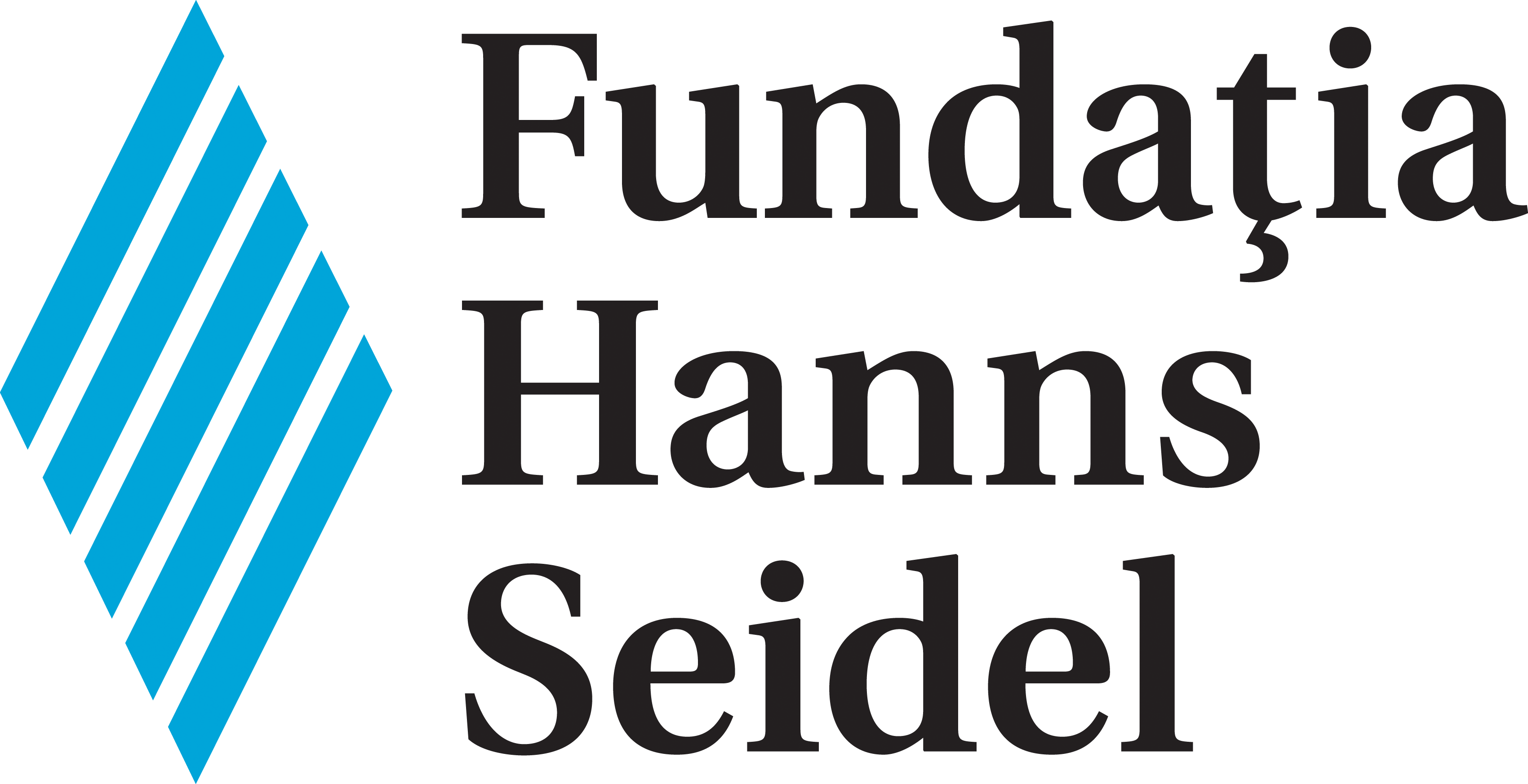RESOURCES
IMPROVING ANTI-CORRUPTION POLICIES AND PRACTICES IN ROMANIAWhat is the best way to fight corruption?
Some readers often tell us they believe the EU is “corrupt”. On the other hand, others say they trust the EU much more than their own national government. Still others believe that corruption runs through all levels of European politics, from the local to the EU level.
It’s difficult to know whether these concerns are overblown. Corruption is by its very nature conducted in secret, so reliable data is difficult to come by. Nevertheless, a 2014 report by the European Commission suggested that the extent of corruption in Europe was “breathtaking” and was costing the EU at least 120 billion euros each year.
Opinion polls suggest that Europeans are very concerned about the extent of corruption, with one Eurobarometer survey suggesting that 76% of EU citizens think that corruption is widespread, and more than half (56%) think that the level of corruption in their country has increased over the past three years.
We had a comment from Diaconu, who argued that “Corruption is the biggest problem in Europe; from Brussels, to national governments, to local authorities; the [problem of] corruption is huge!”
Is he right? To get a reaction, we put this question to Gianluca Esposito, Executive Secretary of the Group of States against Corruption (GRECO), an organisation established in 1999 by the Council of Europe to monitor States’ compliance with the organisation’s anti-corruption standards. What would he say to Diaconu? Just how big a problem is corruption in Europe?
We also had a comment from Christos, who suggested a two-fold strategy to tackle corruption: “a) Promote stability, peace, education, and economic growth, and b) Prevent the accumulation of too much power and money in one country, institution, group of people, profession, etc.”
Would that work? Or is transparency the most important ingredient? To get a reaction, we spoke to David Lewis, Executive Director of CorruptionWatch, a South African NGO that relies on the public to report corruption, so they can investigate and report on it. South Africa is currently enmeshed in a series of corruption scandals involving the ruling African National Congress (ANC) party. As somebody working to tackle serious corruption at all levels of government and politics, what would he say?
There are two or three really critical ingredients in the fight against corruption. Transparency is a facilitator; it should facilitate public participation – which is crucial, and is the model we employ. But if you want government to be accountable, then transparency on its own is not enough. You also need an active, demanding citizenry.
The other thing you need is robust law enforcement. It’s very demoralising to be complaining about corruption and pressurising governments to deal with corruption when it seems like there will be no consequences for perpetrators, and the risks for engaging in corruption will be minimal, because law enforcement themselves are either corrupted, or under-resourced, or whatever the case may be.
So, I think those are the main elements: public participation and effective law enforcement, both of which are supported by greater transparency.
What is the best way to fight corruption? How big a problem is corruption in Europe? Let us know your thoughts and comments in the form below, and we’ll take them to policymakers and experts for their reactions!
To get another reaction to Christos’ comment, we also put it to Gianluca Esposito, Executive Secretary of the Group of States against Corruption (GRECO). What did he think was the most effective means of fighting corruption?
What you need, in my view, is three main things. One is a very strong political will; you want to make sure there is a commitment to fight corruption at all levels of the management of public affairs: government, parliament, local authorities, etc. The second thing you need is a very strong legal framework that is in line with international standards and treaties against corruption. And the third thing you need is that it’s important to have policies that make corruption more difficult. One of them is transparency, and I think transparency is indeed key, but it is not the only thing which is needed. You also need prevention, which includes civic education, effective prosecution (making sure that people are actually prosecuted and any illegally-obtained assets are confiscated), you need codes of conducts in place for public officials, you also need partnerships at the national and international level to make sure information is exchanged effectively, and so on.
So, it’s a very complex response to corruption, but if all of these elements are taken into account then it can be effective.
Finally, we had a comment from Enric, who believes that EU membership actually increases the risk of corruption in Member States. To get a response, we spoke to Drago Kos, Chair of the OECD Working Group on Bribery in International Business Transactions. How would he respond to Enric?
I would disagree with Enric. The EU has had an extremely positive influence on reducing levels of corruption, particularly in candidate and accession countries. The problem is that the pressure for reforms is most effective before they have joined. Then there are the older EU Member States, which have never been exposed to any sort of pressure in the EU, and often don’t consider corruption to be a priority nationally. So, the bulk of anti-corruption efforts still takes place in the new EU Member States. It’s true that older EU countries are largely still better when it comes to anti-corruption, but the gap between the new and old is closing fast, especially because the old don’t feel the need to make such an effort in this area.
See original post and comments here




